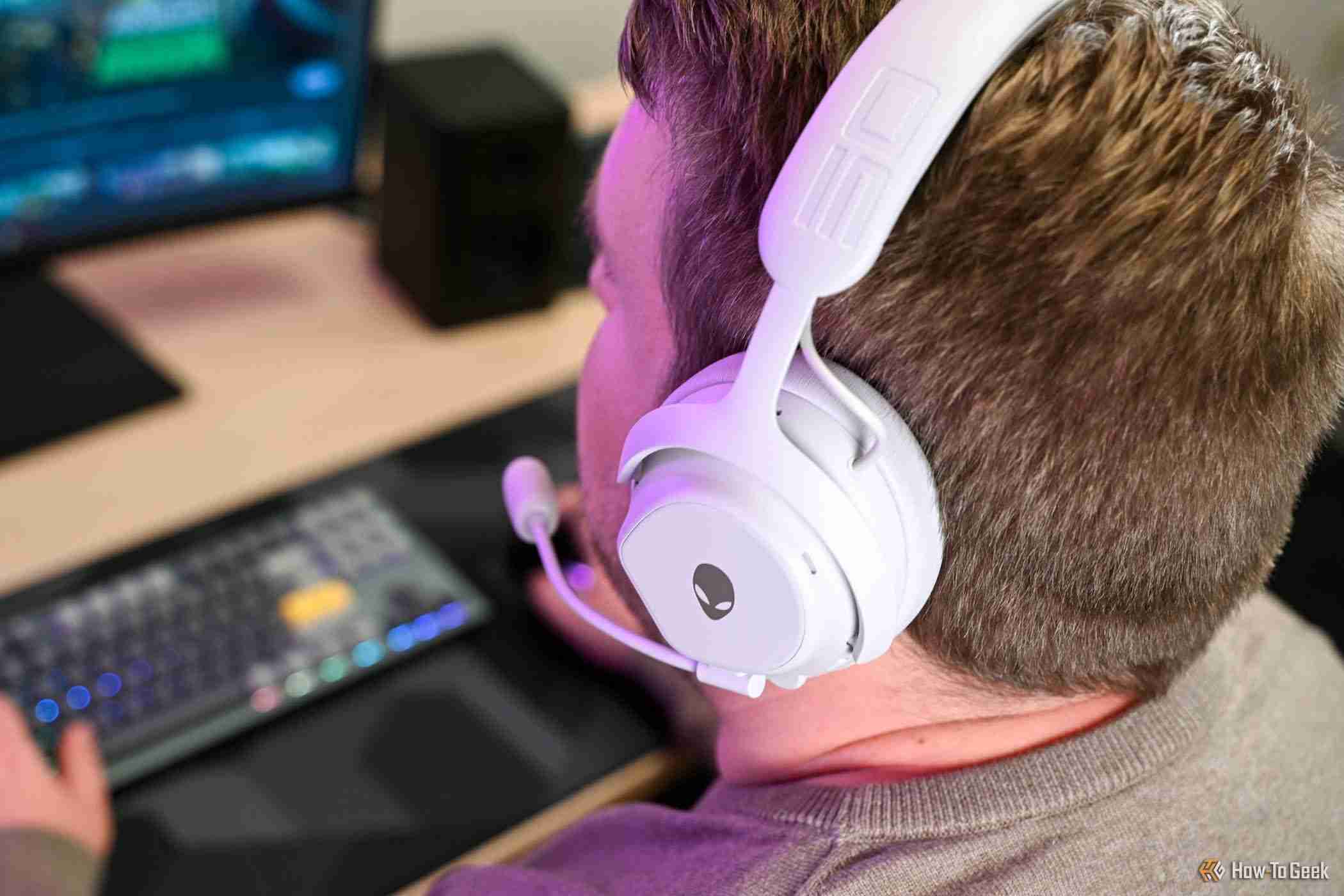Home >System Tutorial >Windows Series >2.4GHz vs Bluetooth: Which Wireless Technology Is Better?
2.4GHz vs Bluetooth: Which Wireless Technology Is Better?
- Mary-Kate OlsenOriginal
- 2025-02-06 19:00:13270browse
Connecting your computer peripherals wirelessly offers two main choices: 2.4GHz dongles or Bluetooth. While Bluetooth is familiar, 2.4GHz dongles offer advantages, and understanding their differences is key.
2.4GHz vs. Bluetooth: Key Differences
2.4GHz, often using USB-RF technology, employs a small USB dongle for connection. Unlike Bluetooth's universal compatibility, 2.4GHz is manufacturer-specific. This often translates to superior performance in gaming peripherals due to higher bandwidth and lower latency. Bluetooth typically maxes out at a 125Hz polling rate (8ms delay), whereas many 2.4GHz devices boast 1000Hz or even higher, significantly reducing lag. While both operate on the 2.4GHz spectrum, 2.4GHz connections prioritize speed and consistency over Bluetooth's low-power, short-range focus.

The Major 2.4GHz Drawback: Proprietary Nature
The significant downside of 2.4GHz is its proprietary nature. Each manufacturer uses its own technology, meaning multiple dongles are needed for devices from different brands. This can lead to USB port limitations, especially on laptops. Even within a single brand, compatibility issues can arise between different dongle generations (e.g., Logitech's Lightspeed, Unifying, and Logi Bolt). Replacing a lost or faulty 2.4GHz dongle can also be costly.

Bluetooth: Universal but with Limitations
Bluetooth's advantage is its widespread compatibility. A low-cost dongle readily adds Bluetooth support to most devices. Multiple devices can connect simultaneously without needing extra dongles. It's user-friendly and works across various platforms (PCs, laptops, phones, tablets, TVs). Bluetooth's energy efficiency also leads to longer battery life for peripherals.

However, Bluetooth's higher latency makes it less suitable for competitive gaming. Its shorter range and lower audio quality compared to 2.4GHz are also drawbacks.
Which Technology to Choose?
If a 2.4GHz dongle is included, use it! It offers superior performance, especially for gaming. For office use, the difference might be negligible, but Bluetooth's extended battery life is a significant benefit. Remember that both technologies operate on a crowded 2.4GHz spectrum; keeping the dongle close and unobstructed improves performance.

The Ideal Solution: Dual-Connectivity Devices
For the best of both worlds, consider peripherals supporting both 2.4GHz and Bluetooth. This provides flexibility and a backup connection method should the dongle be lost or malfunction.
The above is the detailed content of 2.4GHz vs Bluetooth: Which Wireless Technology Is Better?. For more information, please follow other related articles on the PHP Chinese website!
Related articles
See more- How to solve the problem of Windows 7 desktop rotating 90 degrees
- How to forcefully terminate a running process in Win7
- Win11 Build 25336.1010 preview version released today: mainly used for testing operation and maintenance pipelines
- Win11 Beta preview Build 22621.1610/22624.1610 released today (including KB5025299 update)
- Fingerprint recognition cannot be used on ASUS computers. How to add fingerprints? Tips for adding fingerprints to ASUS computers

